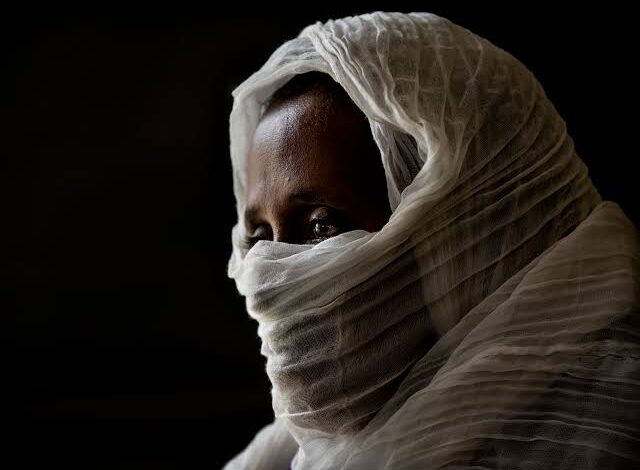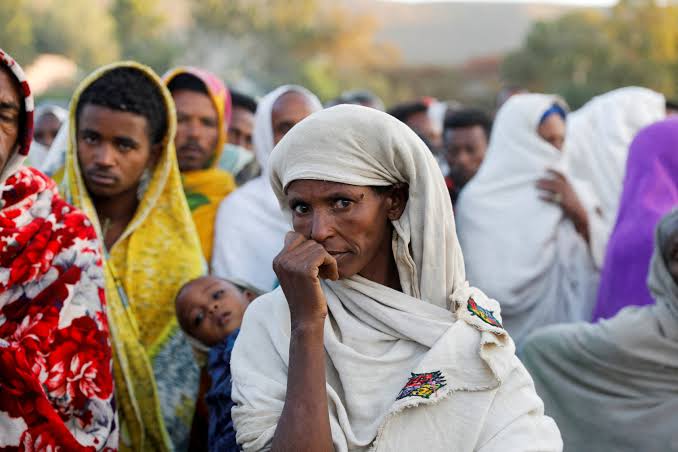
Faith Nyasuguta
Despite a peace accord signed nearly a year ago to quell the conflict that had engulfed Ethiopia’s northern Tigray region, UN-supported human rights experts report that war crimes persist in the country.
The violence has resulted in over 10,000 people, predominantly women and girls, falling victim to rape and other forms of sexual violence. These experts caution about the potential for the violence to escalate further, giving rise to additional atrocity crimes and broader security threats across East Africa.
Ethiopia, with a diverse population of approximately 120 million, holds a pivotal regional role.
The report, released on Monday, raises concerns about the uncertain future of the investigative team behind it. The UN Human Rights Council is set to decide next month whether to extend the team’s mandate, amidst efforts by the Ethiopian government led by Prime Minister Abiy Ahmed to terminate it.
The violence, which began in November 2020, primarily centered on the Tigray region but extended beyond. The report highlights atrocities committed by all sides, including mass killings, sexual violence, starvation, and the destruction of schools and medical facilities.
Mohamed Chande Othman, chair of the international commission of human rights experts on Ethiopia, underscores the continued severity of the situation despite the November peace agreement. He notes that violent confrontations have expanded nearly nationwide, with alarming violations against civilians in the Amhara region and ongoing atrocities in Tigray.
The report singles out Eritrean troops, identified as the worst offenders, and Ethiopian Amhara militia members for grave violations, particularly systematic rape and sexual violence against women and girls in Tigray.
Commissioner Radhika Coomaraswamy highlights the presence of Eritrean troops as evidence of an entrenched policy of impunity, further suggesting the federal government’s complicity.
The team notes a lack of cooperation from the Ethiopian government and no response from the Eritrean government regarding their alleged role in the crimes. The Ethiopian government has attempted to establish its transitional justice system to evade international scrutiny.
Despite evidence of widespread sexual violence, accountability and trust in Ethiopia’s justice system remain deficient. The commission reports only 13 completed and 16 pending military court cases addressing sexual violence during the conflict.
These findings provide a comprehensive overview of a conflict that has persisted with sexual violence despite the peace agreement.
Ethiopia recently declared a state of emergency in the Amhara region, accompanied by reports of mass arbitrary detentions and drone strikes by government forces.
Amhara, the second most populous Ethiopian region, has experienced instability since federal authorities disarmed its security forces after the Tigray war’s conclusion.
RELATED:




